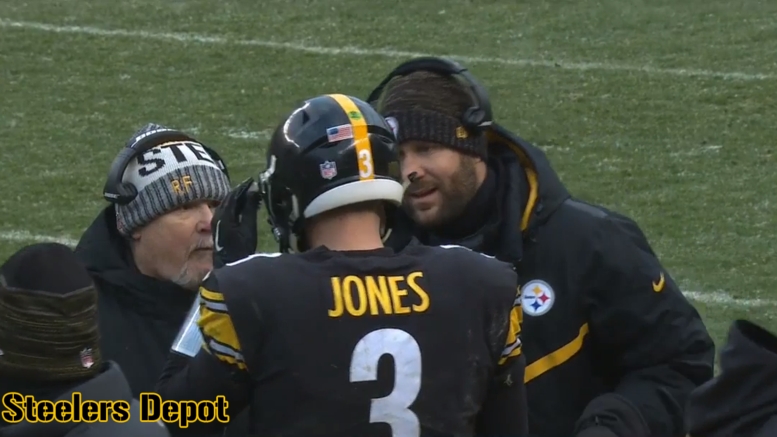Randy Fichtner has as a head coach in the professional ranks never held a job more prestigious than that of a head of a position. While the 54-year-old has been with the Pittsburgh Steelers for 11 years, entering the NFL with Mike Tomlin’s new staff in 2007, he has been more of a specialist than a more broadminded coach.
The rumblings among fans, however, are growing, that that could be changing. After all, offensive coordinator Todd Haley’s contract is expiring after this season, and his six seasons with the team, working with quarterback Ben Roethlisberger, have not always been harmonious, even if they have been productive, putting up at least 399 points for the season in four straight years.
It has been widely believed by many, despite protestations to the contrary by both parties, that Roethlisberger and Haley do not have a very good relationship, and that that may ultimately lead the team to go another way next year, assuming that Roethlisberger returns—which, frankly, it sounds like he will.
I am personally not one of those who believe that it is going to happen that way, nor do I think that the odds of that happening are all that likely. But should that occur, Fichtner still seems to be the logical successor for that role.
Prior to Haley, after all, the Steelers have generally looked for in-house solutions. Mike Mularkey coached the tight ends for five years before being promoted. Amusingly enough, it was Ken Whisenhunt who replaced him when he found a head-coaching job. Whisenhunt was hired to take over Mularkey’s role coaching the tight ends.
When Whisenhunt left, it was Bruce Arians, who for the previous three seasons was brought in as their wide receivers coach, who took over as offensive coordinator. Prior to signing with the Steelers, he had experience as offensive coordinator in Cleveland.
Arians’ promotion coincided with the hiring of Fichtner, who previously coached exclusively at the collegiate rank, to take over his role as wide receivers coach, but he moved over to quarterbacks coach—one of many roles he served over the years at the college level—after Ken Anderson retired heading into the 2010 season.
Haley’s hiring as an outsider was an aberration that had not been attempted since the hiring of Kevin Gilbride in the late 1990s, which didn’t go over so well. That is perhaps why Haley’s hiring was met with as much hostility as it had been. The changeover to a new system was a process.
Fichtner, however, knows that system now as well as anybody else on the team, and he also knows the players who have to run it better than anybody else. Roethlisberger talked at length about how much he has meant not just to him as a player, but to the entire group.
On a personal observational note, I have noticed Fichtner very active on the sidelines this season, and interacting not just with the quarterbacks but with many different position groups, particularly the wide receivers. He does have a mind beyond his own position group, as he spent about a decade as an offensive coordinator collegiately already.








